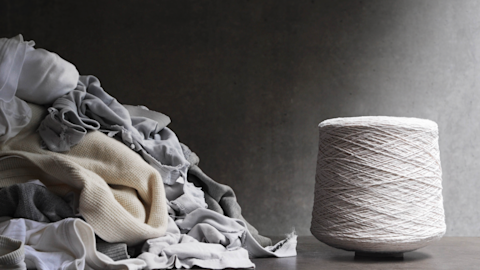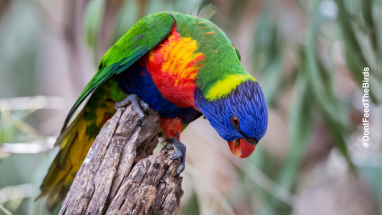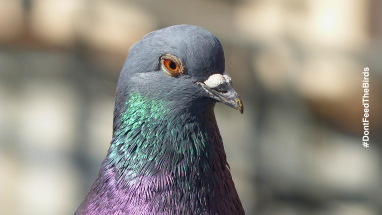The rising global trend of fast fashion has changed the way people shop and is creating a huge excess of unwanted, poor-quality clothes.
Guy Dempster is a Sydney-based textile designer who has teamed up with the Salvation Army to reclaim unwanted clothing.
“Outlets like Salvos, Vinnies and the Red Cross are having an increasingly tough time contending with the public’s appetite for fast fashion and ‘disposable’ textiles, leaving them with ever proliferating volumes of poor-quality crap they can’t sell.”
The designer used a City of Sydney environmental performance grant to test extracting reusable fibres from unwanted clothing. He’s managed to spin the fibres into quality yarn for a keen community of knitters and for manufacturing into readymade knitted clothing . He also took part in the City of Sydney’s business innovators' program to apply some industry savvy to his findings.

Finding sustainable innovations in a Hong Kong mill
Guy has a background in textile design and his journey to start Dempstah began after moving back to Australia in 2016. He heard his former employer in Hong Kong had opened a small-scale fibre recovery facility using new recycling methods. “This was unusual because Hong Kong is very, very expensive. To have a whole facility there was like, ‘Okay, wow, this could be an interesting precedent to run a modern mill in an expensive urban environment’.”
He applied for the City of Sydney grant as he wanted to test if this mill could handle clothing waste that came directly from the public. Guy visited the Hong Kong mill, called The Billie, and was amazed by its innovative approach to fibre recovery. The mill didn’t use any water or liquid chemicals to clean fabric.
“Instead of traditional laundering, which uses heaps of water and detergent, it was sanitising textile waste in these big, sealed vats using ozone gas.”
Guy was also impressed by The Billie’s use of cameras to sort old garments into colour groupings on its production line, eliminating the need for bleaching and re-dying later in the process. “The materials then got fed through a series of machines that shredded, grinded and churned them up, until what came out the other side was a kind of fibrous fluff.”
This fibre could then be spun into a yarn, to be knitted or woven into new fabrics or knitwear. But the process itself presented a larger opportunity – to make Australia a little bit more circular in how it contends with textile waste.
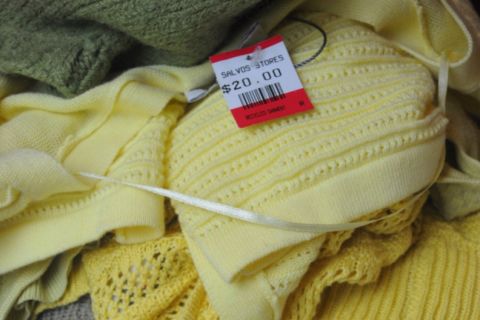
Sorting, testing and repurposing clothing waste
Energised by what he saw in Hong Kong, Guy returned to work with Salvos’ sorting staff in St Peters to collect half a tonne of recyclable materials. He sourced only natural fibres like cotton, wool, linen and silk, for their robustness and safety. He shipped the Salvos rejects to The Billie for processing into fibres and yarn. Guy shared that the grant allowed him to freely focus on the process, without having to solve the commercial side of things.
“We were able to use the grant to test the feasibility of recycling this waste without having to first resolve who it would be sold to and exactly what the finished product would be. This freedom was crucial as it was the first time The Billie had contended with a consignment of 100% post-consumer waste, and we had no idea how things would go.”
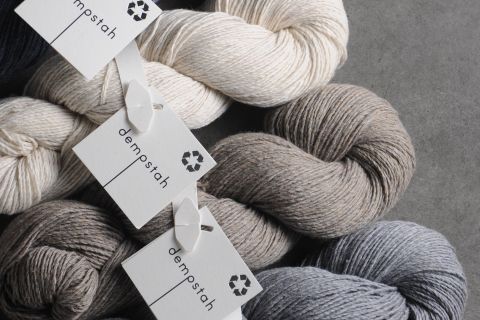
How the City of Sydney business innovation program helped
Guy also enrolled in the City of Sydney’s business innovation program to explore the right business avenue for Dempstah. Options included making recycled retail products, helping other businesses to repurpose their own waste or integrate recycled materials into government infrastructure projects. He was excited to share how the course touched on less traditional business models.
“I really appreciated the focus on social enterprises that try to marry traditional metrics like revenue with very clear social or environmental outcomes.”
Dempstah has begun distributing to an enthusiastic community of makers who want to integrate recycled materials into their process.
“We ended up selling the yarn on our web store and through several stockists like knitting , yarn and craft stores. The response has been amazing. I think because hand-makers and crafters are often much more engaged in the textiles they're using than someone buying a ready-made piece of clothing.”
He’s also received many requests to buy the raw recycled fibre from people on Instagram. “All sorts of designers and artists think it's a great alternative to what they’d normally use. So, I'm keen to get that on offer as well.”
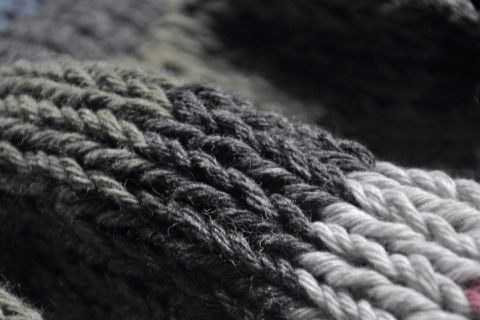
What's next?
Guy’s not yet finished experimenting with the machine’s potential to develop smaller scale and local solutions for textile waste. He's lodged an application to incorporate this machinery onto his family’s land in north-west Tasmania and has just been announced as a winner of eBay’s Circular Fashion Fund 2023, providing support to establish this fibre recovery micro mill.
“I’m keen to see more hyperlocal solutions to textile waste that empower small local players, rather than relying entirely on a few goliath companies, where everything needs to be sent to their facilities. This just becomes carbon-intensive as it requires more waste to be shipped around the world.”
The City of Sydney’s business innovation program is a 12-week accelerator program that allowed Dempstah to define new distribution channels and improve its operating model. Get your application in by Thursday 25 January.
Summer round applications for City of Sydney grants and sponsorships open from 6 February to 5 March.
Published 19 January 2024, updated 28 February 2024
